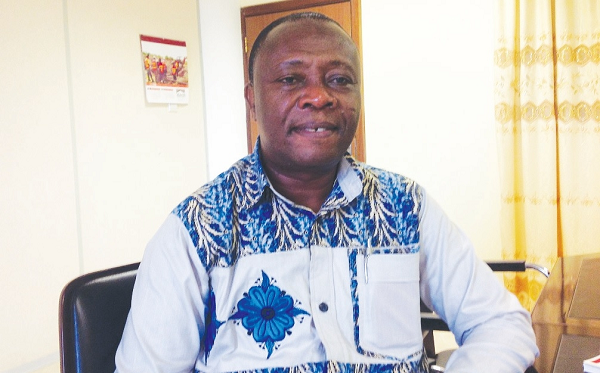Dean of Educational Development and Outreach at the Institute for Educational Planning and Administration of the University of Cape Coast, Prof. George Kwaku Toku Oduro says the two Rastafarian students should be given counseling to psych them before they return to school.
According to him, the issues surrounding them not being in school due to the legal tussle between them (Rastafarians) and Achimota Senior High School has the tendency of affecting their mental and psychological health.
Speaking to Ama Bawa on ATLFM’s Atlantic Wave yesterday at the back of the court ruling that the students be accepted in school pending the determination of an appeal of the Accra High Court decision last Monday, he said ““I think the issue has some kind of psychological destabilization on the students. Thus, they should be given some sort of counseling.”
He further indicated that measures must be put in place to address the challenges these students might face even as they are in school.
“A special arrangement has to be made in order to help them catch up with the lessons they have lost and challenges such as stigma must also be addressed,” he said.
Read also: Over 15 road projects were initiated and completed in Akufo-Addo’s 1st term – Roads Ministry
Prof. Oduro also admonished stakeholders in the education sector to from henceforth desist from addressing the issue of the Rastafarian students from a religious perspective.
“I have heard some people religionizing the whole issue and I think I will appeal to stakeholders not to bring religion into this issue. Let as do away with the religious aspect and look at the rules and regulations within the context of dress code, and I think that if we do this without emotions, we will help the students and the school,” he retorted.
Expressing his view on the High court ruling, Director-General of IEPA, Dr. Michael Boakye Yiadom said the ruling by the court will help promote the formulation of policies that upholds inclusion and diversity in Ghana.
He said the laws of the country must be tested to its fullest limits because the issue of inclusion and diversity must be understood in the educational systems.
“I also believe that within the school system, we don’t seem to have a very clear policy and guideline directing practice when it comes to issues of inclusion and diversity”, he indicated.
He therefore believes through dialogues and stakeholder engagements, a solid and legal background can be brokered to look at issues of policies and guidelines with respect to inclusion and diversity in our educational institutions.
Source: Rosemond Asmah/ATLFMNEWS

























